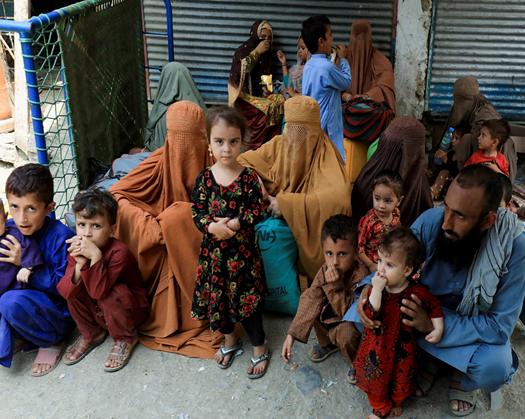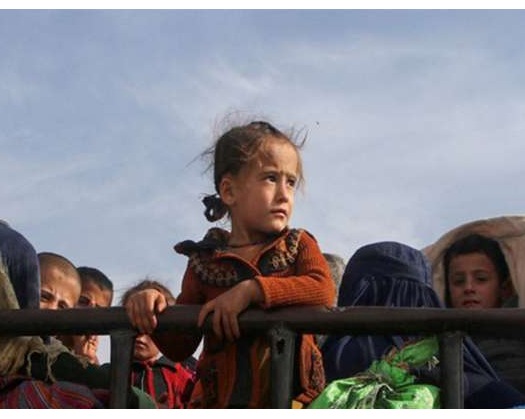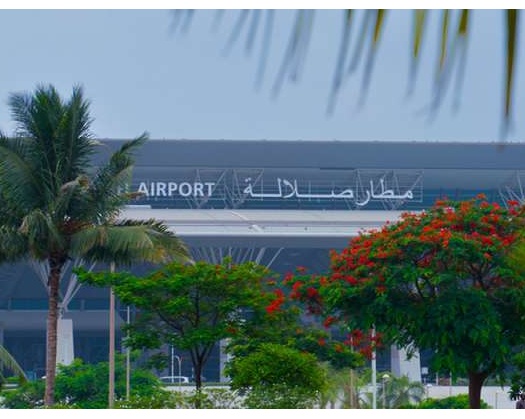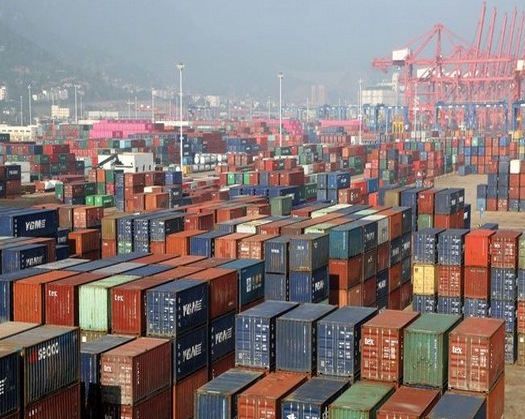Kabul: According to Khaama Press, the World Health Organization (WHO) has cautioned about the increasing prevalence of infectious diseases among Afghan migrants being deported from neighboring countries under poor hygienic conditions.
The WHO underlined the importance of expanding medical supplies and personnel capability to tackle rising health threats.
According to the WHO, there has been an increase in respiratory infections, skin ailments such as scabies, diarrhoea, and suspected COVID-19 cases among those repatriated from neighboring countries. According to ground evaluations conducted at important border crossings, notably Islam Qala in Herat Province, upper respiratory infections are the most prevalent illnesses transmitted, followed by diarrhoea and dehydration, particularly among children and the elderly. Deported Afghan migrants have also tested positive for suspected cases of scabies and COVID-19.
In response to the outbreak of illnesses, the WHO has initiated emergency health checkups and large vaccination initiatives in partnership with local health authorities at the Islam Qala and Spin Boldak border crossings. These efforts have been begun to prevent additional outbreaks and to give critical care to at-risk populations.
According to the World Health Organization (WHO), more than 8,700 kids received oral polio vaccinations and over 8,300 adults received injectable polio vaccines at the Islam Qala border. According to Khaama Press, thousands of expelled kids have been immunized against measles in high-risk border regions.
Nearly 29,000 persons have been screened or immunized at significant border crossings, including Spin Boldak, Torkham, and Islam Qala. WHO mobile health teams have been stationed at reception centers and zero-point borders, performing daily health checks on hundreds of returnees.
WHO has identified more than 840 individuals exhibiting symptoms of infectious illness, all of whom received prompt medical attention. It underlined the necessity to boost medical resources and staff capacity to cope with rising health hazards, according to Khaama Press.
As the number of Afghan refugees being expelled by neighboring countries rises, the WHO demands more funds and coordinated efforts to prevent large-scale disease outbreaks and offer adequate care for problem returnees.











